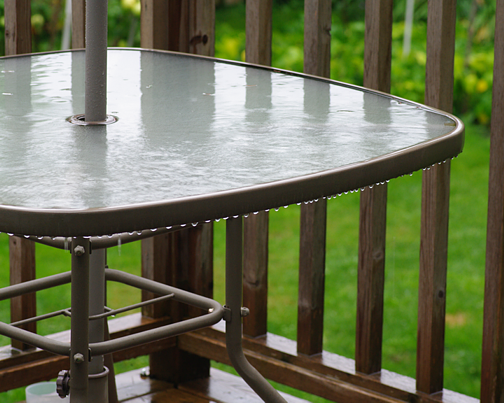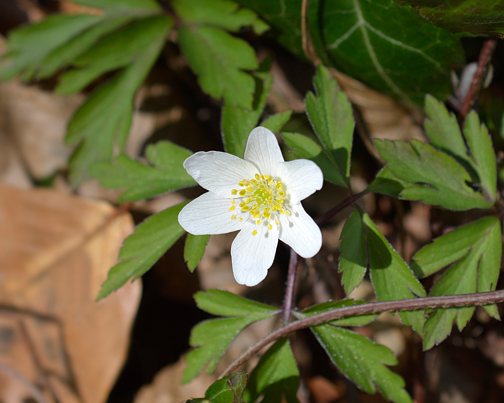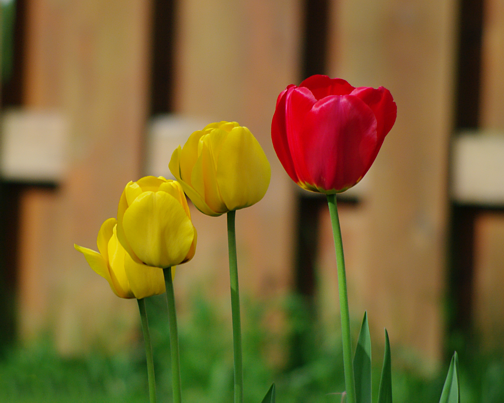Clouds, cooler mornings, rain and fog were our lot this week. Oilskins and rubber boots waited by the door for soggy excursions to the park, and a towel dangled from a nearby newel post, ready to dry Beau's fingers and toes when he came in from the garden.
Through the kitchen window comes the smell of rain and wet earth as I sip my mug of tea, the sound of branches in the garden shedding their cloaks of wetness, jubilant robins in the overstory singing down more life giving precipitation. There is never enough rain for them, and they are singing up a fine, drenching drizzle.
In the darkling street, umbrellas bloom like peonies, carried by village children off to school with their parents, older siblings, and occasionally the family dog. There is the swish of early commuters splashing through lovely deep puddles when they think nobody is looking, the resonant grumble of village buses, the soft growl of motor vehicles heading uptown for the day's roiling and toiling.
On our early morning walks in the park, trees float into view like the masts of wooden sailing ships and then disappear again in the mist. Somewhere in the murk, blackbirds and song sparrows are exercising their vocal cords, and an unseen woodpecker (probably a pileated from the volume of its exuberant hammering) is mining a tattered birch for breakfast bugs.
My umbrella has sprung a leak or two, and sometimes we are wet when we arrive home after rainy rambles. I am hoping to find a large green cotton one to replace it, but it has to be something substantial, NOT one of those folding contraptions that succumbs to a good blow at the drop of a hat. If I had a penny for every brolly I have ever owned that preferred spending most of its time inside out, I would be rich.
Leaky umbrellas and wet collars notwithstanding, there is something restful and very soothing about rainy days. If I could climb the old maple in the garden, I would perch right up there with the thrushes, trilling for more days like these fine soggy hours just unfolding. Getting up there in oilskins and wellies might be difficult though, and what would I do with my tea and the umbrella?














.png)
























